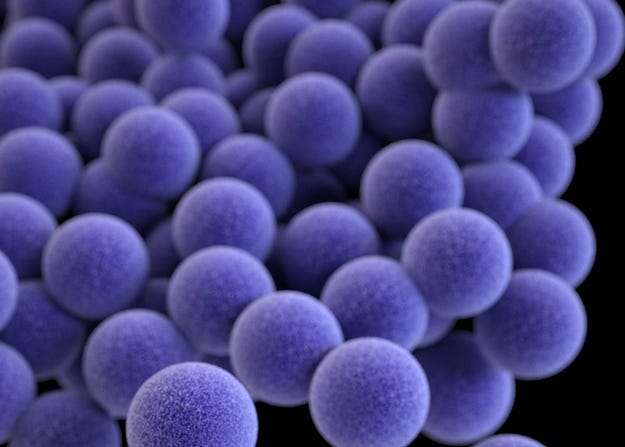Five recent breakthroughs in medical plastics: Wyss Institute
Rampant antibiotic resistance and occurrences of hospital-acquired infections have focused medical manufacturers on methods of preventing biofilm formation on devices. These are essentially bacterial colonies that can cause infections and life-threatening conditions. Researchers at the Wyss Institute for Biologically Inspired Engineering (Boston) have developed polymers that prevent biofilm formation by making the surface unwelcoming to bacteria.
April 29, 2015
Rampant antibiotic resistance and occurrences of hospital-acquired infections have focused medical manufacturers on methods of preventing biofilm formation on devices. These are essentially bacterial colonies that can cause infections and life-threatening conditions. Researchers at the Wyss Institute for Biologically Inspired Engineering (Boston) have developed polymers that prevent biofilm formation by making the surface unwelcoming to bacteria.
The polymer stores significant amounts of lubricating liquids within its molecular structure, and the liquids are released over time to make the material too slippery for bacteria to gain a foothold. In a test conducted by the researchers, treated and untreated medical tubing were exposed to Pseudomonas aeruginosa, E. coli and Staphylococcus epidermis, which frequently form biofilms and cause urinary, tissue and blood infections. The experiment confirmed that the liquid-infused polymer tubing greatly reduced bacterial adhesion and largely eliminated biofilm formation, according to the researchers.
Illustration of methicillin-resistant Staphylococcus aureus bacteria courtesy Centers for Disease Control and Prevention.


About the Author(s)
You May Also Like




